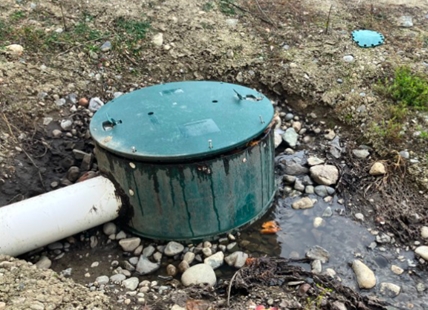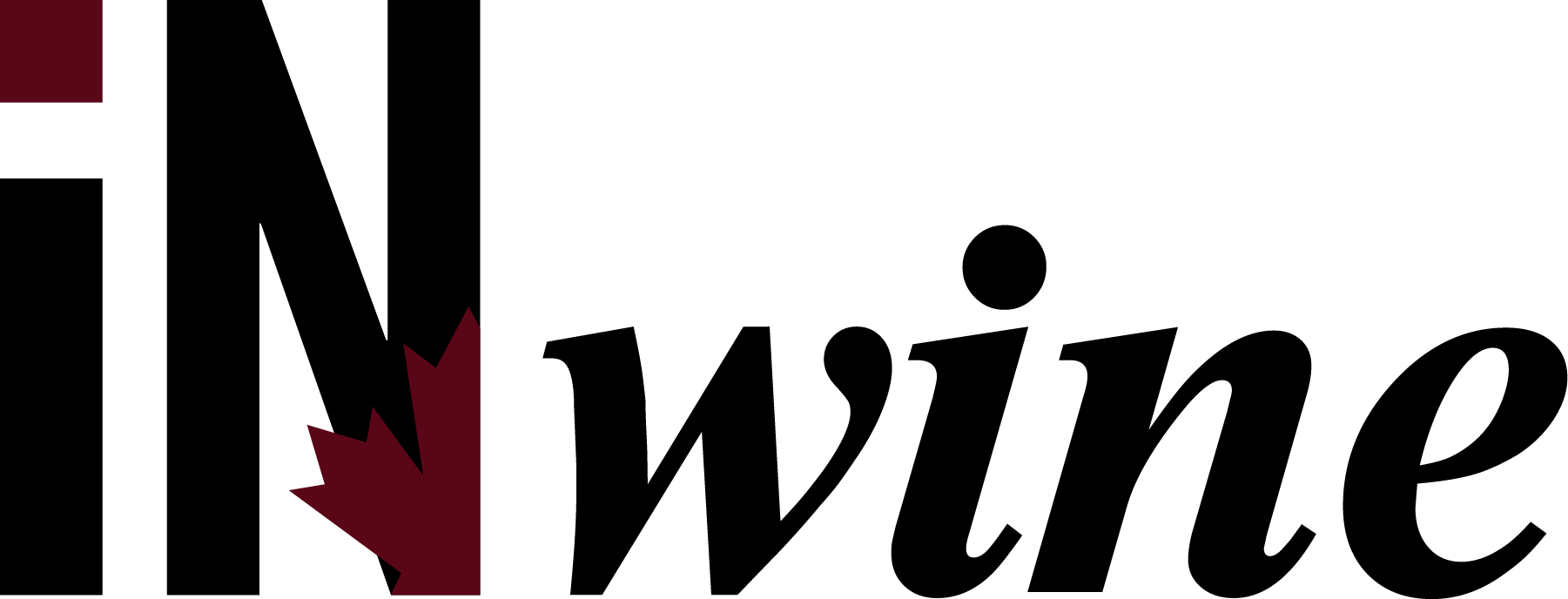Aurora Cannabis reports $164.7 million loss in Q3, launches cost efficiencies plan

Aurora Cannabis Inc. is on the hunt for savings again after reporting a $164.7-million net loss in its latest quarter.
The Edmonton-based company unveiled Thursday a plan to accelerate between $60 million and $80 million in annualized cost efficiencies over the next 12 to 18 months, as its third-quarter loss topped the $139.3-million loss it reported in the same period last year.
Aurora said its plan will target production costs, facility and logistic expenses, organizational efficiencies and insurance and capital markets spending as it hopes to gain more traction when COVID-19 lockdowns have been lifted.
"We are not simply waiting the process out in anticipation of normalization followed by an eventual rebound," Aurora's chief executive Miguel Martin told analysts Thursday.
"We are determined to continue pulling the levers that we can to reduce our cost structure and extract further efficiencies from our operations."
Martin's talk of efficiencies comes as he will mark one year at the helm of Aurora in the fall.
Much of that year was spent laying off workers and closing facilities as part of a broad restructuring Aurora embarked on in February 2020 to deliver $300 million in total annualized expenses.
Martin signalled the dramatic moves were tapering off last quarter when he announced the company was "back on offence."
But he still has his work cut out for him.
The company's third quarter showed its consumer cannabis net revenue plummeted to about $18 million, down from roughly $38 million at the same time last year.
Its total cannabis net revenuebefore provisions slipped by 19.5 per cent year-over-year to reach $58.4 million.
The quarter was hampered by provincial pot distributors, who cut the amount of product they had on hand and retailers that were forced to switch to curbside pickup to quell the spread of COVID-19, said Martin.
He called market conditions "competitive," but noted many of them are "temporary."
"There is a glut of what I would describe as low-cost flour in the market and that's causing some irrational pricing, but I do believe having talked to the provinces and talked to retailers, that there is an interest in holding margins up and people actually making money," he said.
"Maybe it'll take a little bit longer than people would have wanted because of just the situation we're in with COVID."
While the pandemic rages on, Martin appears to be focusing on the company's medical cannabis business, which generated a 17 per cent increase in net revenues in the latest quarter.
Like most Canadian pot companies, he's also keeping an eye on the U.S., which is edging toward federally legalizing recreational cannabis and introducing legislation to make it easier for pot companies to bank south of the border.
But unlike his rivals who have been hungry for mergers and acquisitions, Martin doesn't appear to be in a buying mood.
"We don't see anything in Canada that we have got to have," he said.
"Buying or renting market share, I think, right now is not a great play in Canada."
In recent months, Tilray Inc. and Aphria Inc. merged, Hexo Corp. announced plans to buy Zenabis Global Inc., and Canopy Growth Corp. snatched up Supreme Cannabis and Ace Valley Cannabis.
Because Aurora was on an acquisition spree early in its existence, Martin said the company already has strong infrastructure and manufacturing processes, but said there was a chance it would buy something technology-related, if the right deal cropped up.
Martin's remarks were made as Aurora's loss amounted to 85 cents per share in the quarter ended March 31 compared with a loss of $1.40 last year.
Its net revenue reached $55.2 million in the third quarter, down from $73.5 million last year.
The company was expected to report a net loss of 21 cents per share on revenues of $68.5 million, according to financial data firm Refinitiv.
The company also announced it will transfer its U.S. stock exchange listing from the New York Stock Exchange to the Nasdaq on May 24 and Ronald Funk has assumed Michael Singer's chairman position.
Singer will keep the board seat he has held since May 2016.
This report by The Canadian Press was first published May 13, 2021.
Companies in this story: (TSX:ACB, TSX:WEED, TSX:HEXO, TSX:ZENA)









